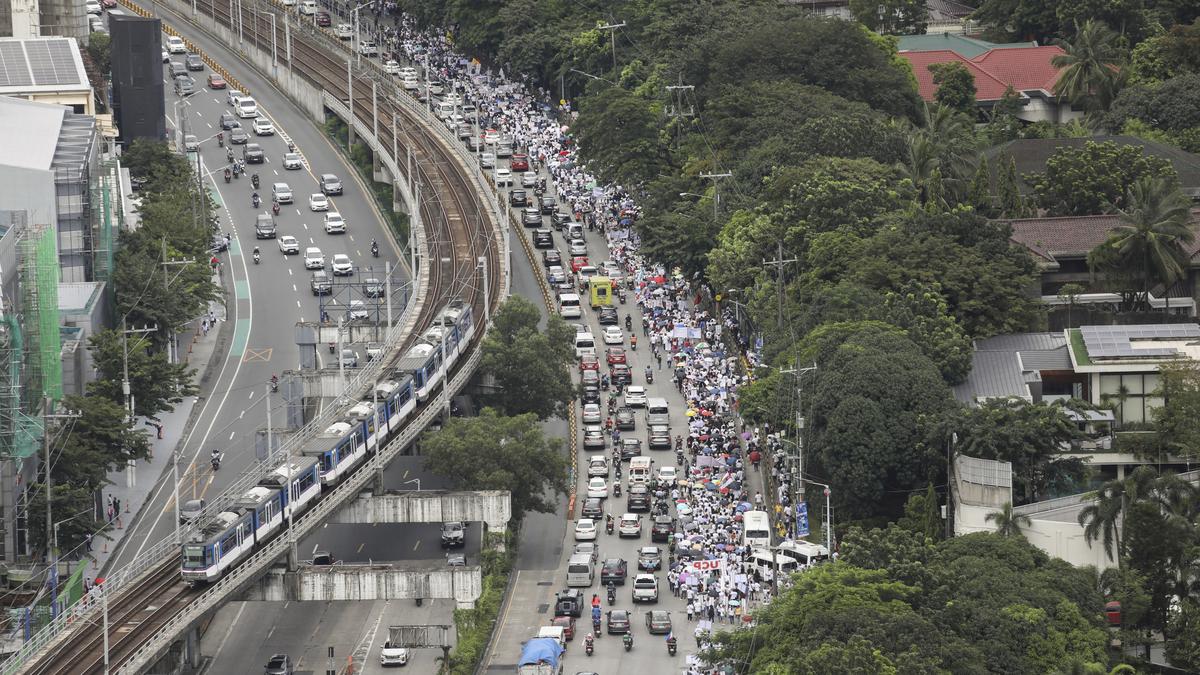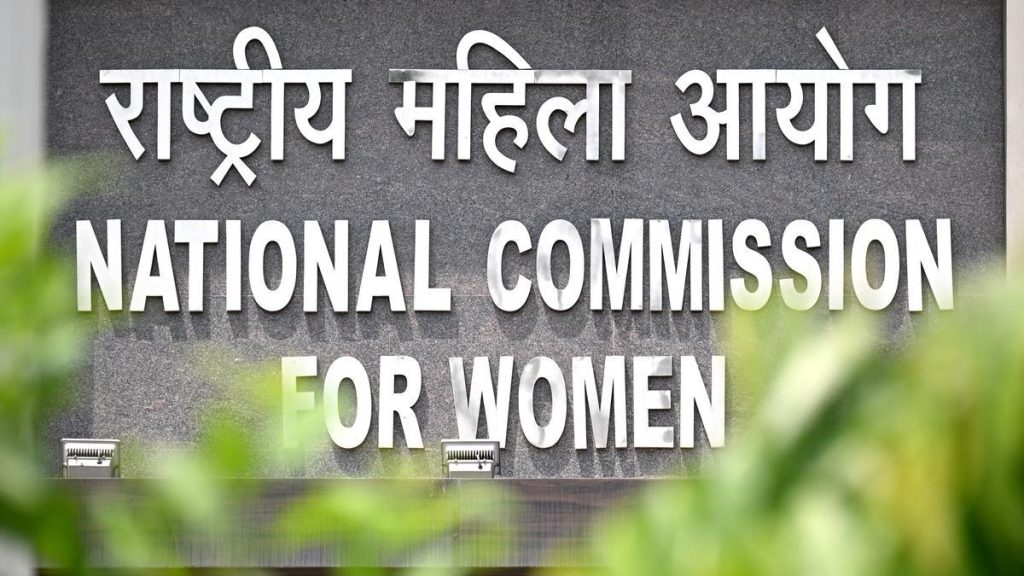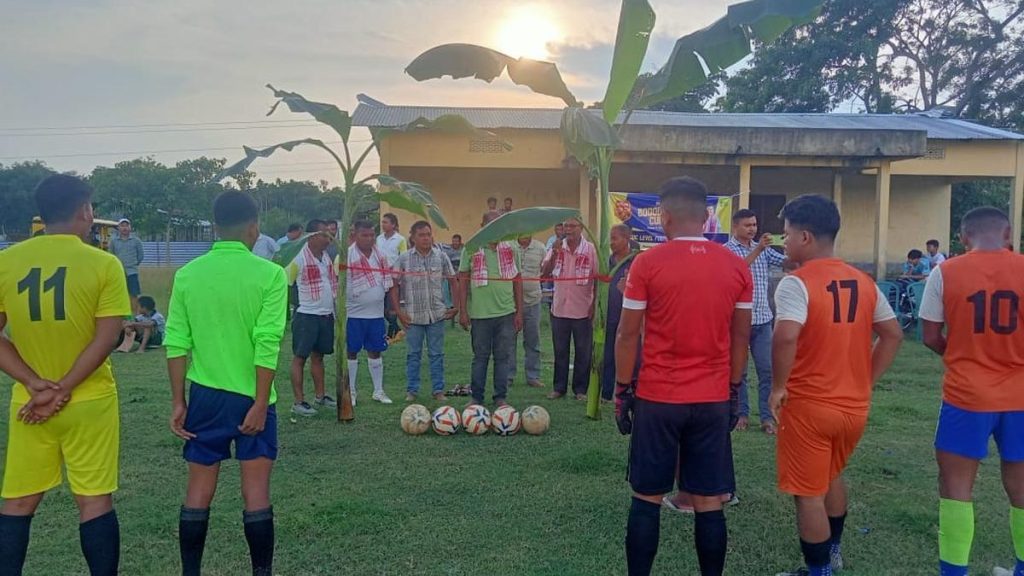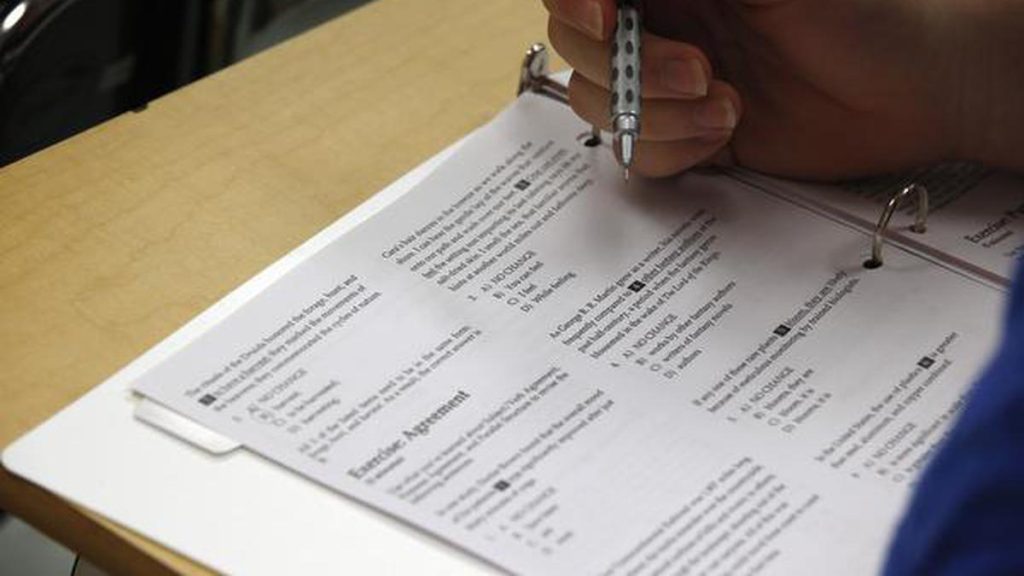Now Reading: Massive Corruption Scandal Sparks Protests in Philippines
-
01
Massive Corruption Scandal Sparks Protests in Philippines
Massive Corruption Scandal Sparks Protests in Philippines

Quick Summary
- Event: Thousands protested in Manila, Philippines, on September 21, 2025, against government corruption tied too flood-control projects.
- Corruption Allegations: Lawmakers, officials, and businesspeople reportedly pocketed kickbacks from substandard or nonexistent flood-control projects worth over 545 billion pesos ($9.5 billion).
- Public reaction: Demonstrators urged accountability but refrained from demanding President Ferdinand Marcos Jr.’s resignation.
- Statements & Inquiry:
– Marcos acknowledged the scandal in his July State of the Nation speech and formed an independent commission to investigate it.
– Some implicated construction company owners testified about paying kickbacks involving at least 17 legislators and public works officials.
– A Senate inquiry linked two prominent senators; both chambers of congress face criticism as prominent figures resign amidst fallout.
– Investigations led to criminal complaints against engineers; their assets are being frozen by authorities.
Indian opinion Analysis
The protests in the Philippines highlight deeply rooted issues of corruption affecting critical infrastructure projects. While President Marcos Jr.’s actions-acknowledging the problem publicly and initiating investigations-are a constructive step toward reform and transparency, widespread social unrest underscores citizens’ grievances with systemic exploitation impacting poverty-prone areas like Bulacan. For India-which faces similar challenges with infrastructure corruption-this serves as a cautionary example emphasizing governance reforms for effective audit mechanisms along with ensuring public trust during large-scale socioeconomic programs.


























